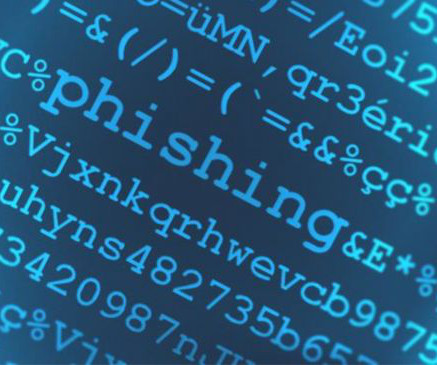Build for Detection Engineering, and Alerting Will Improve (Part 3)
Anton on Security
SEPTEMBER 28, 2023
This blog series was written jointly with Amine Besson, Principal Cyber Engineer, Behemoth CyberDefence and one more anonymous collaborator. In this blog (#3 in the series), we will start to define and refine our detection engineering machinery to avoid the problems covered in Parts 1 and 2. Detection Engineering is Painful — and It Shouldn’t Be (Part 1) Detection Engineering and SOC Scalability Challenges (Part 2) Adopting detection engineering practices should have a roadmap and eventually bec













Let's personalize your content